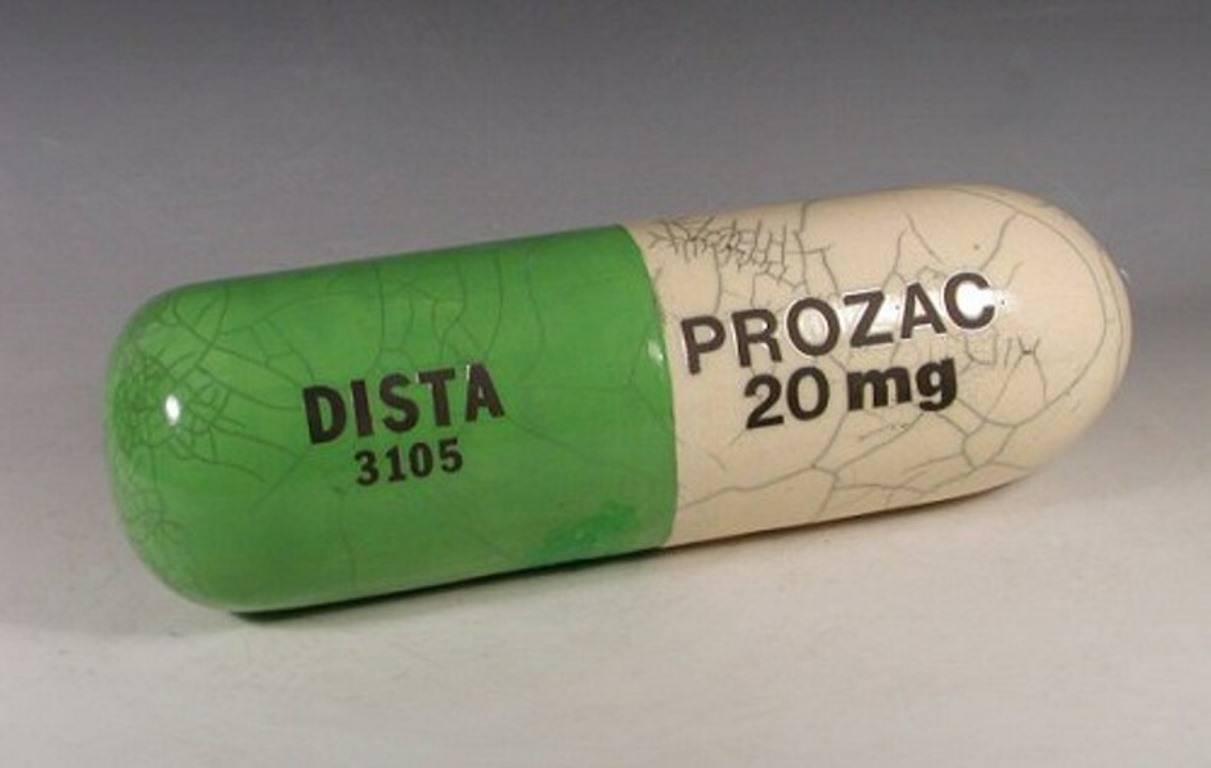

Unlike other frightening futuristic novels of the past century, such as George Orwells outdated Nineteen Eighty-Four, Huxley portrays a dystopia that goes with, rather than against, the human grain. Yet, in my experience, its relevance and power increase with each rereading, and coming generations of readers shouldand I hope willfind it still more compelling. Brave New World is not a great book in purely literary terms, even the author found it seriously flawed. In his charming but disturbing novel, Brave New World (published in 1932, exactly 75 years ago), Huxley made its meaning strikingly visible for all to see. And, to leave this vale of tears, a little extra morphine accompanied by Muzak.Īldous Huxley saw it coming three generations ago. Ritalin for the young, Viagra for the old, Prozac for everyone. Some transforming powers are already here.

For anyone who cares about preserving our humanity, the time has come to pay attention. In leading laboratories new creators are confidently amassing their powers and quietly honing their skills, while on the street their evangelists are zealously prophesying a post-human future. Human nature itself lies on the operating table, ready for alteration, for eugenic and psychic "enhancement," for wholesale redesign. Yet contemplating present and projected advances in genetic and reproductive technologies, in neuroscience and psychopharmacology, and in the development of artificial organs and computer-chip implants for human brains, we now clearly recognise new uses for biotechnical power that soar beyond the traditional medical goals of healing disease and relieving suffering. No friend of humanity today can be the enemy of science and medicine. We look forward hopefully to cures for the devastations of Alzheimers and Parkinsons disease, diabetes and depression, cancer and AIDS. We are deeply grateful to modern medicine for its many successes in the battle against disease, decay, and premature death. These powers are justly celebrated for their contributions to human welfare. They are, in a word, the challenges of bioethics, challenges to our humanity arising from burgeoning new technological powers to intervene in the bodies and minds of human beings. They are the by-products of modernitys noble and humanitarian quest to conquer nature for the relief of mans estate. They come rather from well meaning scientists and technologists offering life, pleasure, and enhancement. The greatest moral challenges headed our way do not in fact come from hate-filled fanatics threatening death and destruction. I am thinking also of the need, in Winston Churchills words, to "Deserve Victory," and especially to keep human life human in the dawning new age of biotechnology. I have in mind not only the need, post-9/11, to stand-up against terror and fanaticism in defence of life, liberty, and the rule of law, a need that is likely to continue for your entire lives. For the world has rolled itself into a new millennium amidst signs of great promise but also of great peril, calling for great courage and still greater wisdom. Surveying the world you graduates are about to enter, I am reminded of the ancient Chinese curse: "May you live in interesting times." My own time has been interesting to a fault, but yours will almost certainly be more so. And I trust that you, like me, will find the education you have begun here to be an invaluable guide for understanding and grappling with the enormous challenges that lie ahead.

In the years ahead, I trust that you, like me, will increasingly appreciate what a wonderful privilege it has been to live and learn in this rare community. It was here that I made the acquaintance of a few great books that have been my steady companions ever since. It was here that I first began really to learn.

#Prozac vs soma brave new world professional#
I regard my few years here as a Tutor in the early 1970s to be among the most intellectually and humanly rewarding experiences of my professional life. I am deeply grateful for the honor of addressing you this morning for I love and greatly esteem this place and the idea and practice of liberal education that it champions. Today is also for me an occasion of joy and gratitude. We rejoice in the attainments of the human mind, heart, and spirit. We give thanks for the blessings of family and friends without whom these achievements would not have been possible. In this rite of passage, both mindful of the past and anticipating the future, we honor and take pride in your present accomplishments as graduates of this remarkable College. Today we take time from our several labors to gather together in celebration and thanksgiving. President Nelson, Members of the Board of Visitors and Governors, Tutors of the College, families and friends of the graduates, and, most especially, members of the Class of 2007, St.


 0 kommentar(er)
0 kommentar(er)
